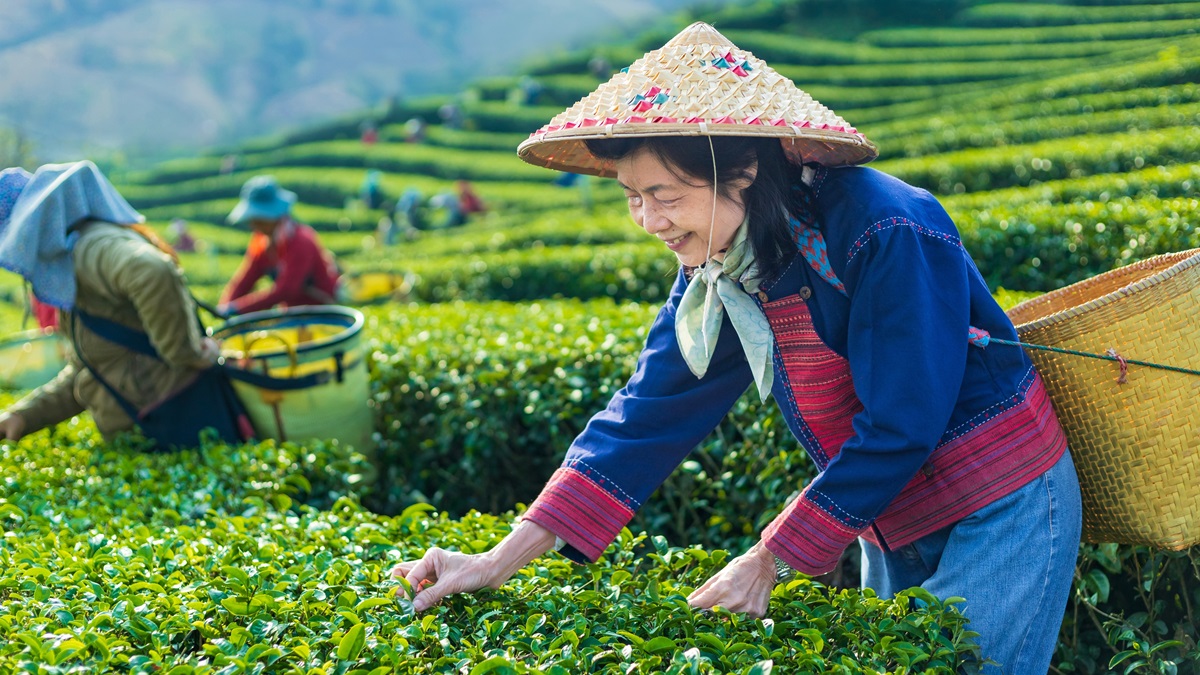Ensuring the benefits of voluntary sustainability standards reach developing economies is key to making trade a stronger tool for sustainable development.
© Shutterstock/ Akarawut
In the global effort to balance economic growth with environmental and social responsibility, voluntary sustainability standards (VSS) are gaining prominence.
These standards – mostly designed by non-governmental organizations or private firms – help trade and sustainability to go hand in hand, often by incorporating metrics related to responsible sourcing, processing methods and fair labor practices.
Reflecting growing consumer demand for ethically sourced products, VSS have expanded over the past decade to include 300 to 500 standards globally.
From bananas to electronics
They are used in a range of sectors from agriculture to electronics, but are most prominent in value chains for tropical agricultural commodities like bananas, cocoa, coffee, cotton, palm oil, soy, sugarcane and tea, which are often exported from developing nations.
While such standards hold vast potential to advance sustainable consumption and production, UNCTAD research shows that developing countries face obstacles in leveraging VSS for environmental and socioeconomic benefits.
Challenges such as the high cost of compliance, limited knowledge about obtaining certification and regulatory fragmentation risk leaving smallholder farmers further behind in global trade.
Outside global trade rules
Despite their growing inclusion in trade agreements and initiatives, VSS still remain outside the scope of multilateral trade rules.
“Multi-stakeholder responses can help address these challenges. Together, we want to position VSS as a central element in policies and strategies promoting sustainability,” UNCTAD Deputy Secretary-General Pedro Manuel Moreno said on 2 November in a video message to the third international convention on sustainable trade and standards in New Delhi.
Organized by the Quality Council of India and the UN Forum on Sustainability Standards (UNFSS), the event aimed to enhance the understanding of VSS in global value chains.
In addition to serving as the UNFSS secretariat, UNCTAD promotes VSS through national and regional multi-stakeholder platforms to support the exchange of knowledge and capacity-building in Brazil, China, Colombia, India, Indonesia, Mexico, South Africa, the Andean Community, the Caribbean Community and in Africa through a continental platform.
Agricultural success story from India
In India, the national platform helps local businesses access global markets by aligning their products and processes with global sustainability standards.
The “India Good Agricultural Practices” certification scheme covers key areas such as soil management, pesticide use, worker health and planting techniques.
Supported by UNCTAD, the scheme is benchmarked against the global Good Agricultural Practice (GLOBAL G.A.P)’s Integrated Farm Assurance standards for fruits and vegetable production, offering local smallholders an avenue to international certification at a lower cost.
Towards global value chain governance
The rise of VSS is partly driven by governments' increasing recognition of their importance, with various countries already integrating these standards into their market access regulations, trade policies, public procurement and export promotion measures.
This trend is likely to grow, potentially leading to stronger transnational governance of global value chains – key to making trade more sustainable and equitable.
International cooperation, extending beyond technical and financial assistance to include a focus on sustainability and the recognition of local standards, is vital for accelerating the adoption of VSS in developing countries.

